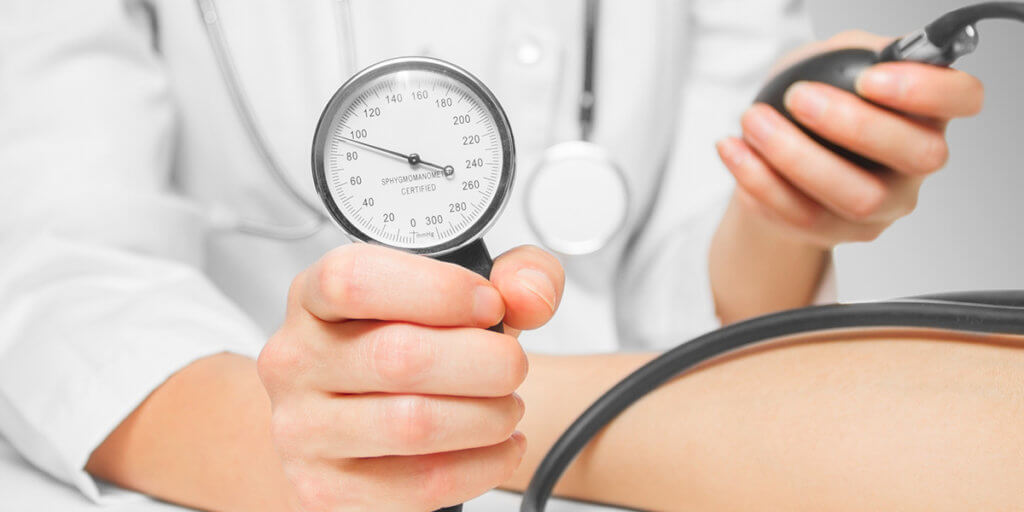
Does she or doesn’t she? Have hypertension, that is. Hypertension is high blood pressure. More than a third of Americans have hypertension and the only way to know if you’ve got it — is to measure it.
The bad news is that hypertension remains a leading cause of heart disease, stroke and kidney failure. The good news is that hypertension is entirely treatable.
We have learned in the last several years that there is no such thing as “benign” high blood pressures, even in older people. If your resting blood pressure exceeds 120/80, you are at increased risk of developing hypertension. If it’s higher than 140/90 you may have hypertension.
You can’t monitor your blood pressure by how you feel. Hypertension itself rarely causes symptoms. Everyone should get their blood pressure measured at least every two years.
If you have hypertension, monitor your blood pressure regularly. You can do this at a pharmacy or you can purchase your own cuff. Battery operated blood pressure cuffs are inexpensive and accurate. Those whose cuff is applied on the upper arm are preferred. If you obtain your own cuff, bring it to your physician’s office to determine that you are using it properly, and to compare its readings with your doctor’s office measurement. Make sure that you record your blood pressures and that you bring the written record to each physician office visit.
The target for blood pressure control is a resting blood pressure less than 140/90 unless patients also have diabetes or chronic kidney disease in which case the target is less than 130/80.
Weight control (targeting Body Mass Index under 25), diet (limiting added salt and saturated fats) and exercise (at least 30 minutes daily of brisk walking or the equivalent) are important. Medication, however, often plays an important role in blood pressure control. There are many medications available to treat hypertension and your doctor will individualize your treatment. Medication for high blood pressure is usually well tolerated with few, if any, side effects in most people. Despite this fact, studies show that more than half the people with hypertension stop or skip their medications within a year, and that fewer than 40% of patients reach hypertension treatment goals.
Measure and monitor your blood pressure. If your physician prescribes blood pressure medication, take it religiously.
Don’t fall victim to the silent killer.
For more information about hypertension visit the American Heart Association web site at http://www.heart.org/HEARTORG/ or speak with your primary care provider at your next office visit.
